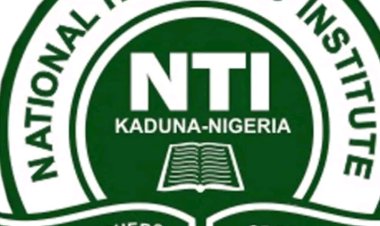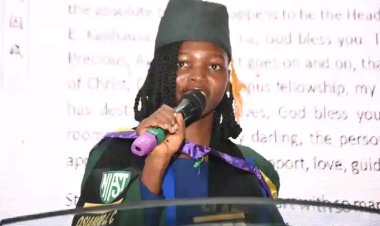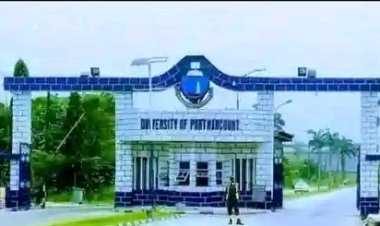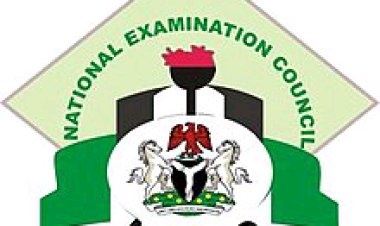Rot in Education Sector Comparable To Oil Bunkering says IAUE Prof. Samuel Owhdondah
Rot in Education Sector Comparable To Oil Bunkering says IAUE Prof. Samuel Owhdondah

A Lecturer with the Ignatius Ajuru University of Education (IAUE) Professor Samuel Owhdondah has posited that rot in education sector comparable to oil bunkering, Myschoolnews report.
Just as Nigeria loses several barrels of oil and the accruable revenues to theft in what is popularly called bunkering, so is the rot in Nigeria’s education sector negatively affecting its contribution to the economic and socio-political development of the country, Myschoolnews report.
This was the position of Professor Samuel Owhondah in his inaugural lecture titled “Bunkering in the Education Sector”, presented at the auditorium, Ignatius Ajuru University of Education, on Thursday, August 31, 2023.
He warned that Nigeria might fail to benefit from the fast-growing knowledge economy that has become a sustainable means of revenue to most nations if adequate and timely measures are not taken to re-engineer the country’s education system.
Prof. Owhondah, while noting that the ability of a nation to compete effectively with other economies was dependent on the quality of education it provides to its citizens, regretted that education in Nigeria is facing various challenges at all levels, hence, the quality of the nation’s human capital development remains appalling.
The Professor of Economics of Education posited that Nigerian universities lack the indices of a citadel of learning, particularly in the area of quality of the students, staff quality and supply, infrastructural functionality, availability of funds, quality and volume of research and engagement in community development.
Professor Owhondah emphasised that Nigeria’s education sector would remain counter-productive to human capital development, especially with over 67 unlicensed universities which he described as “degree milling dumps” continue to thrive.
To check the rip-off and decay in the country’s education industry, Prof. Owhondah recommended value re-orientation, implementation of examination malpractice law, government commitment to investment in education, and periodic monitoring and evaluation of educational institutions.
He equally endorsed adequate funding, the establishment of a functional quality assurance directorate, recruitment of more competent teachers, and implementation of other legislative frameworks, among others.
In his remarks, the Acting Vice-Chancellor, Professor Okechuku Onuchuku, advocated for education that would provide quality output that would motivate development.
He observed that if the country must gain the benefits of a knowledge economy which most nations are shifting to, Nigeria’s education sector must be reorganised.
Prof. Onuchuku called the lecture a “five-star” presentation and applauded the inaugural lecturer.
Similarly, the Acting Registrar, Mr Donald Okogbaa, who called for a rising ovation, described the lecture as expository as he expressed the university’s appreciation to the scholar.





